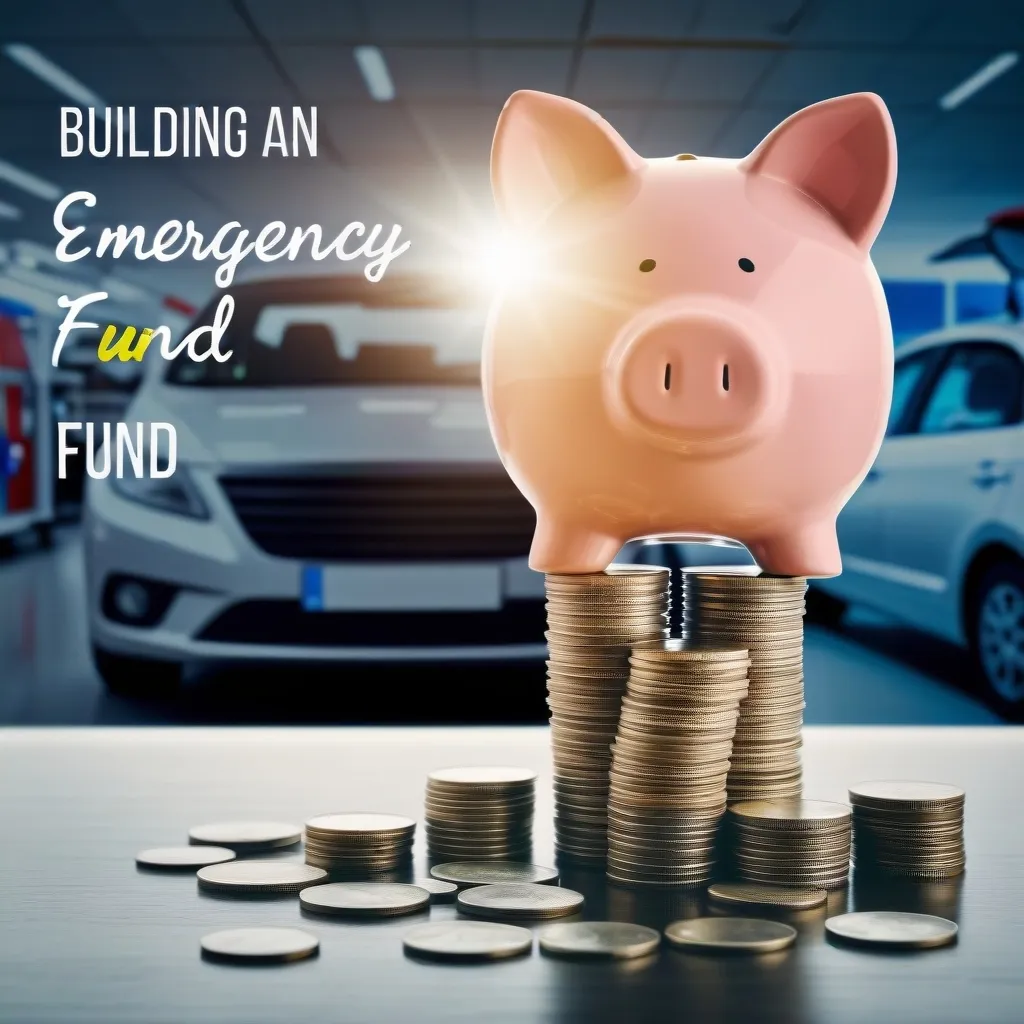Building up an emergency fund is one of the smartest financial moves you can make. It’s all about having that safety net in place to tackle those unexpected expenses that life tends to throw our way. Think surprise car repairs or sudden medical bills. You want to steer clear of those high-interest loans or, worse, dipping into your retirement savings. This article dives into how you can build and maintain an emergency fund, injected with some practical, down-to-earth vibes.
So, let’s talk about why an emergency fund even matters. Financial stress is a beast; it’s no joke and can mess up not just your finances, but also your motivation, job performance, and even your mental and physical health. A bunch of studies show that a huge chunk—like 60%—of full-time workers are sweating over their finances. And get this, it’s not just folks with lower incomes; even nearly half of people making over $100,000 a year are feeling the stress. That’s wild, right?
Having an emergency fund can seriously help kick that financial stress to the curb. Think of it like a financial muscle. It gives you the strength to handle life’s curveballs, whether it’s car trouble or unexpected medical bills, without totally wrecking your financial game. Plus, with this cushion, you’re way less likely to fall into the trap of high-interest loans that can just make things worse.
Now, let’s get real about financial behavior and knowledge. What you do with your money plays a big role in building that emergency fund. If you’re in the habit of saving, budgeting, and avoiding unnecessary expenses, you’re already on the right track. Of course, knowing a thing or two about finances helps, but here’s the kicker: It’s not just what you know; it’s how confident you are and whether you actually own a savings account. Those are the real game-changers.
So, how do you actually build this emergency fund? Start small. Don’t stress about saving giant chunks of money right off the bat. Even small amounts saved regularly build up over time. Think about programs that round up your purchases and toss the spare change into your savings. It’s gradual but effective.
Automate, automate, automate. Set up automatic transfers from your checking account to your savings account. This way, saving money becomes a no-brainer. It’s like setting your finances on autopilot.
And if anyone’s offering financial incentives for saving—whether it’s banks or your employer—jump on that. Some places even match your savings or give rewards for consistent saving. It’s basically free money to help you beef up your emergency fund.
Use what’s called “choice architecture.” Basically, set yourself up to save more by default. Some employers have programs that automatically deduct money from your paycheck for emergency savings. Participation rates for these programs are usually sky-high because it’s so effortless.
Speaking of employers, many companies are now offering emergency savings programs as a part of their employee benefits. Employers see the perks too, like more productive and less stressed employees. It’s a win-win. For example, UPS workers who jumped into their emergency savings program were twice as likely to up their retirement contributions. Definitely something to think about.
Alright, so you’ve got your emergency fund started. How do you keep it in good shape? Regular check-ins are key. Look at your fund every so often to make sure it still covers what you need—think 3-6 months of living expenses. Adjust if your life situation changes.
Keep your hands off it. Treat your emergency fund like it’s locked away in a vault. Only dip into it for real emergencies. You want this fund to be liquid, meaning easily accessible. A high-yield savings account or a liquid cash fund is perfect for this—easy to dip into when life goes sideways.
There’s also a productivity angle here. When you’re financially stable, you’re less distracted at work. You do better work, make fewer mistakes, and are more motivated. Employers love this because it means better performance and less employee turnover. No surprise there, right?
In a nutshell, building an emergency fund is like putting on a strong financial armor. It protects you from those unexpected hits and keeps your financial life stable. You can face unexpected costs without panicking. The key is to start small, automate your savings, grab any financial incentives, and maintain that fund like it’s gold.
In today’s unpredictable world, having an emergency fund is a move that just makes sense. It’s like giving yourself the gift of financial peace of mind. You’ll be more confident in tackling life’s financial challenges, knowing you’ve got that safety net in place. So, let’s get started on building that emergency fund and reclaim a little more control over our financial futures.






